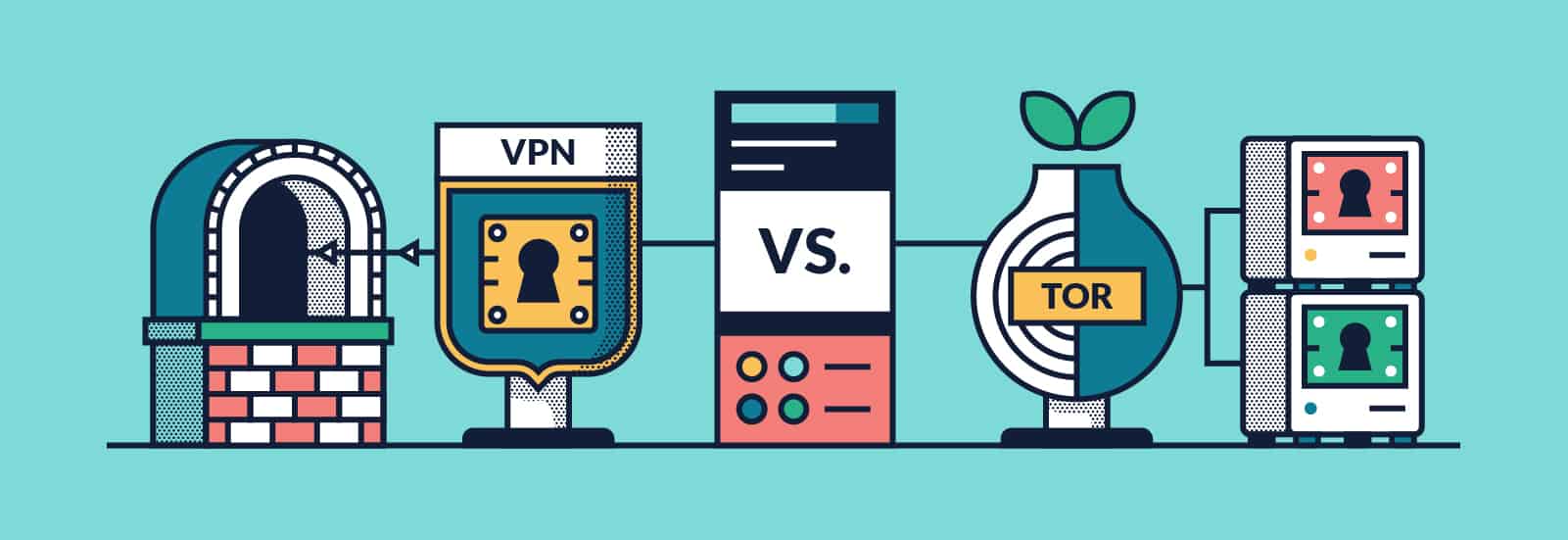


It is a network of interconnected systems not indexed having a size hundreds of times higher than the current visible web.Ī parallel web that has a much wider number of information represents an invaluable resource for private companies, governments, and especially cybercrime. The Deep Web is the set of information resources on the World Wide Web, not reported by normal search engines. To avoid interception, large use is made of encryption algorithms that make impossible the wiretapping of the information and the recomposition of the original messages.

During the transmission of data between two entities in a network it is impossible to not know prior the path between source and destination, and every node of the network manages minimal information to route the packets to the next hop without conserving history on the path. Usually the anonymizing process is based on the concept of distribution of routing information. In the Internet, every machine is identified by its IP address that could be hidden by using anonymizing services and networks such as I2P and Tor network. Individuals desire to hide their identities because they may be concerned about political or economic retribution, harassment, or even threats to their lives.

It must considered that anonymity of user’s experiences on the web could also be motivated by noble argumentations, such as the fight for the human right to liberty of expression, avoidance of censorship, liberal promotion and the circulation of thought.Īnonymous communications have an important role in our political and social discourse. Recently the demand of anonymity has increased, mainly to respond to the large diffusion of surveillance platforms deployed all over the world, but the concept of anonymity induces fear in our imaginations due to the direct link that is usually made to illicit activities. Surveillance and monitoring are activities of primary interest for many governments that in many cases trace political opponents with dramatic consequences that flow in fierce persecution. Even if such data were deleted, they may still be accessible through storage mechanisms such as “cached”. Data acquired during the monitoring of the Internet often are personal information, even socially harmful, that may be available, intentionally or not, to anyone beyond the time limits dictated by the principle of finality of the data.


 0 kommentar(er)
0 kommentar(er)
